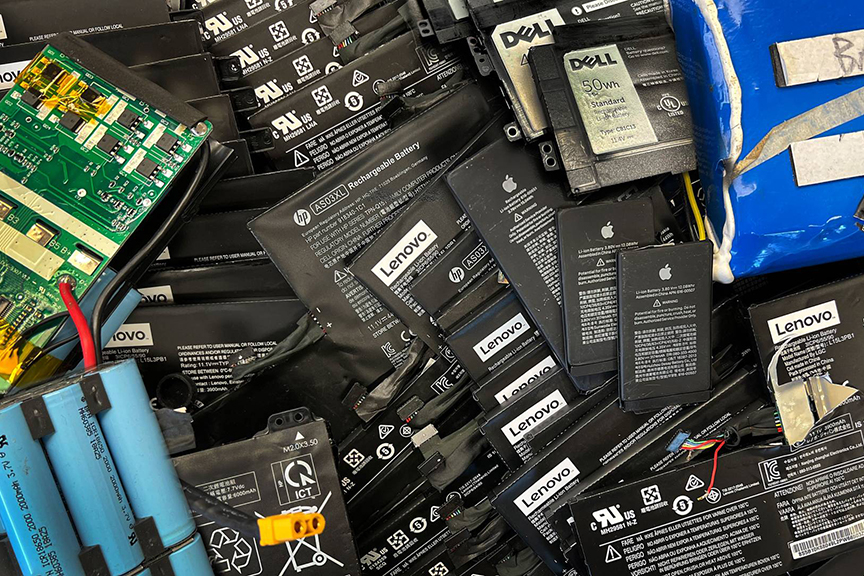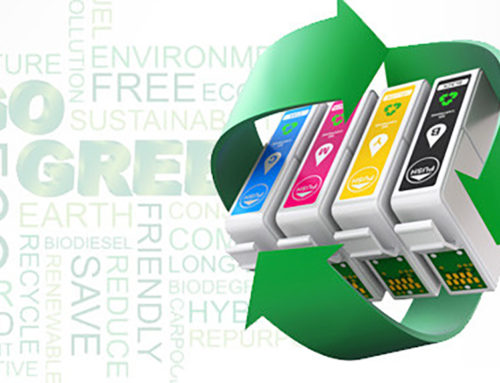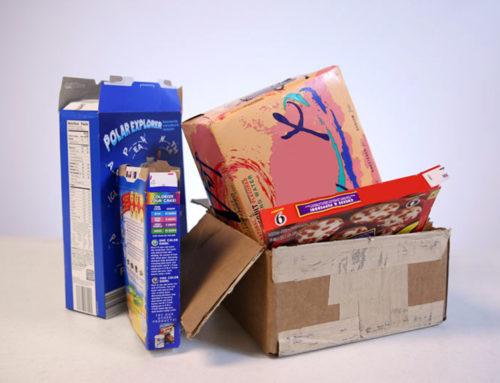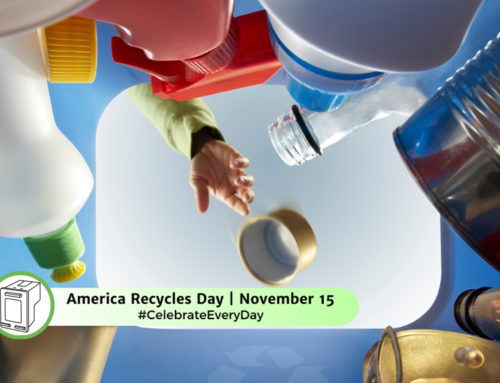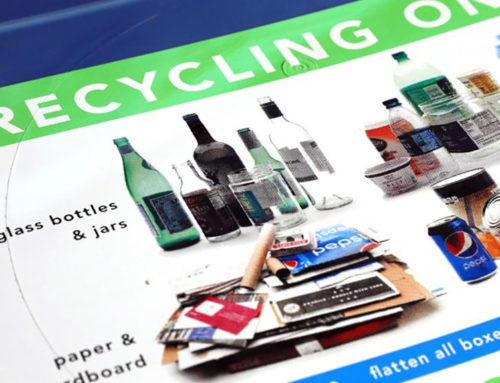JerryRig Everything takes us on a tour through the Li-Cycle recycling plant to see what really happens when Lithium Batteries, like the one in your car, get recycled.
Li-Cycle is an industry leader in lithium-ion battery resource recovery and the leading lithium-ion battery recycler in North America. Li-Cycle’s innovative and environmentally friendly Spoke & Hub Technologies™ provide an end-of-life solution for all lithium-ion type lithium batteries by producing recycled battery grade materials to help create local, closed-loop supply chains. By solving the global end-of-life lithium-ion battery problem, they create a secondary supply of critical battery metals to meet the increasing demand, while also ensuring a sustainable future for our planet.
“As Li-Cycle scales its industry-leading technologies, we maintain an unwavering dedication to sustainability. The paramount focus remains on minimizing solid waste streams, reducing wastewater discharge, and mitigating the impact of air emissions,” Richard Storrie, Li-Cycle’s Regional President shares.
Zack Nelson, from the YouTube channel JerryRigEverything, has turned a love of repairing, into the most viewed cell phone repair channel on the internet. His simple explanations and brief tutorials have helped millions of people with repairs of their own. Outside of YouTube, his ‘to-the-point’ style of teaching has created instructional and informational videos for manufacturers and factories around the world.
Recycling lithium-ion type lithium batteries poses a series of critical challenges that need to be addressed as we continue to rely on these power sources for an array of electronic devices and electric vehicles. One of the foremost issues is the sheer complexity of lithium-ion batteries. These batteries consist of numerous components, including lithium cobalt oxide, lithium iron phosphate, graphite, and various electrolytes. Disassembling and recycling these intricate systems is a technically demanding process, often requiring specialized equipment and expertise. Consequently, the lack of standardized recycling methods and infrastructure makes the recycling of lithium-ion batteries a costly and resource-intensive endeavor.
Additionally, safety concerns loom large in the recycling of lithium-ion batteries. These batteries are prone to thermal runaway, a phenomenon in which they can overheat and potentially catch fire or explode when damaged or improperly handled. This poses significant safety hazards during the recycling process, as mishandling or short-circuits can lead to catastrophic accidents. Hence, the development of safe and efficient recycling procedures that can minimize these risks is a paramount concern.
Furthermore, the economic viability of recycling lithium-ion batteries remains a challenge. While recycling can recover valuable materials like lithium, cobalt, and nickel, the fluctuating prices of these materials can affect the economic feasibility of recycling programs. In some cases, it may be more cost-effective to extract these materials from newly mined resources rather than recycling, which discourages the growth of recycling infrastructure. To address these issues, research and development efforts are underway to improve recycling techniques, establish industry standards, and enhance the overall sustainability of lithium-ion battery recycling.

